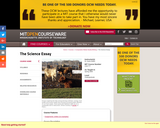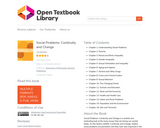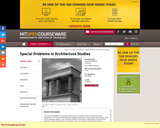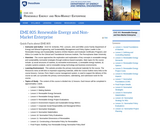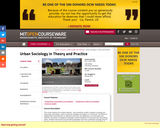The issue of sustainability and specifically sustainable business is of increasing interest and importance to students of business and also students in the sciences, government, public policy, planning and other fields. There can be significant benefits from students learning about sustainable business from the rich experiences of business practice.
The Sustainable Business Case Book by Gittell, Magnusson and Merenda is one of the first of its kind. It combines the the theory of sustainability with key concepts, analytical information and contextual information with a collection of cases which provide insights, perspective and practical guidance on how sustainable businesses operate from different business functional area perspectives.
The Sustainable Business Case Book can be used as a stand-alone text or as a supplemental textbook for undergraduate courses that have an interest in sustainable business. While the book’s primary focus is on the relationship between business and sustainability, the book can also be used in courses offered in fields other than business, including environmental and earth systems sciences, environmental studies, urban planning, economics and public policy.
The first part of The Sustainable Business Case Book, Chapter 1 through Chapter 3, introduces students to the meaning of sustainability, and the practice of sustainable business. The introductory chapters also describe key concepts, analytical frameworks, and contextual information relevant for the understanding of business sustainability. Chapter 1, defines sustainability and describes how and why businesses choose to engage in sustainable practices and how sustainable business practices relate to corporate profitability and social responsibility. Chapters 2 and 3 provide important background and contextual information affecting sustainable business practice. Chapter 2, The Science of Sustainability, reviews scientific evidence about climate change and the human and business influences on climate change. Chapter 3, Sustainability, Public Policy and Business, describes the significant role of government and public policy in sustainability, including setting the rules, regulations and laws that define the market and market opportunities for sustainable business practice.




